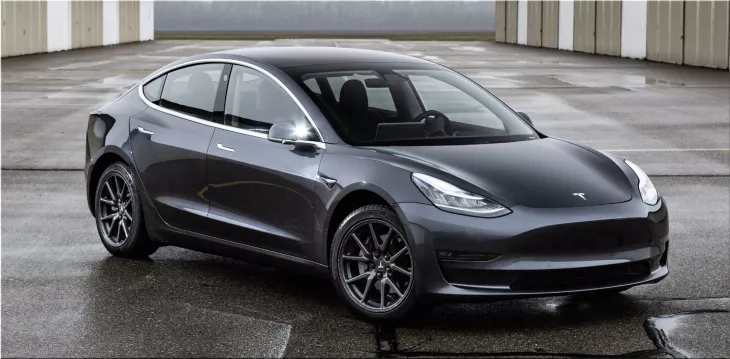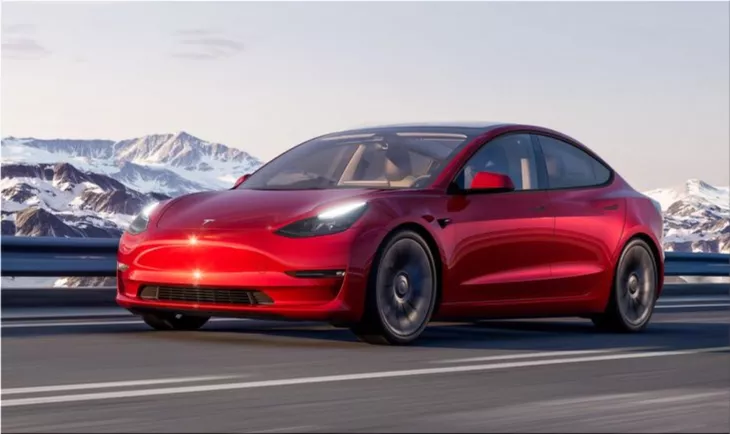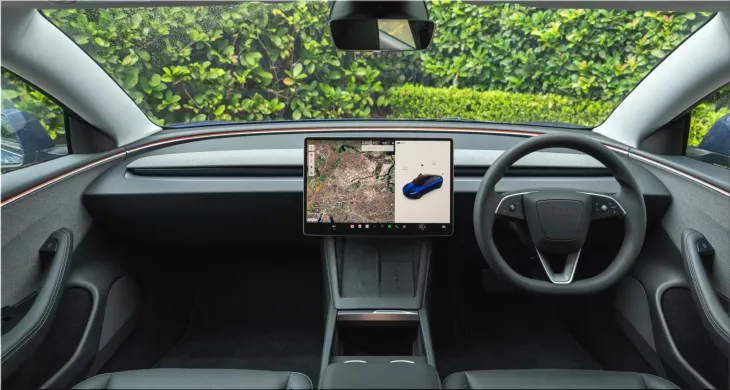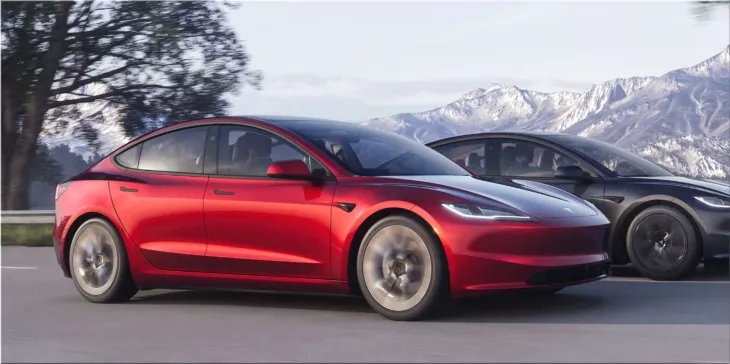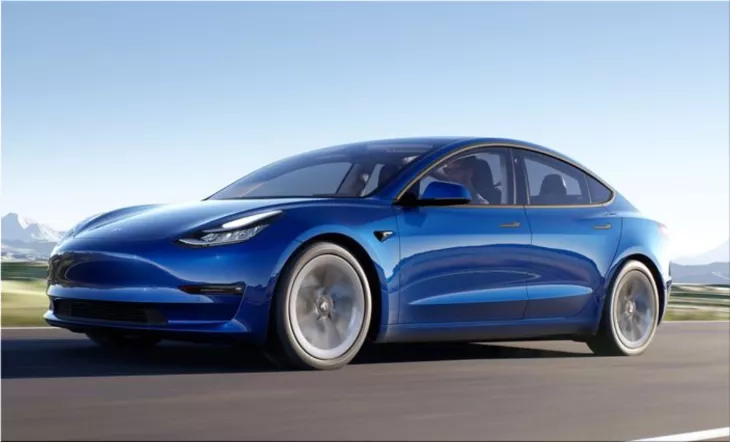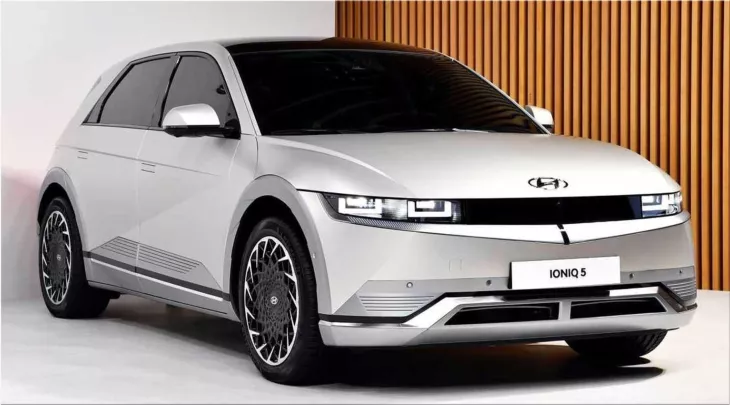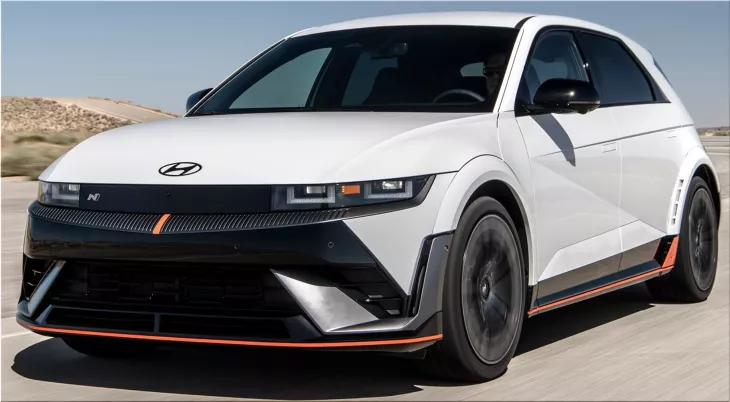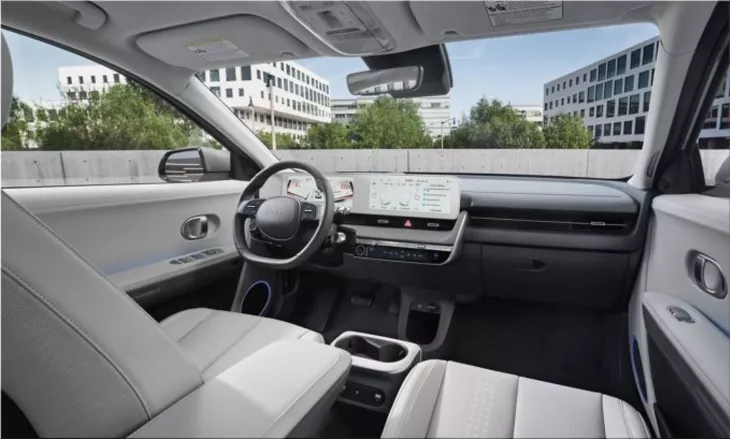Electric vehicles (EVs) are becoming more popular and affordable, but are they really cheaper to own than gas-powered cars? And are they worth the environmental and social benefits they offer? We will compare the costs and benefits of owning an EV vs. a gas car based on the latest data and research. We will also look at some factors that affect the total cost of ownership (TCO) of both types of vehicles, such as depreciation, maintenance, fuel, insurance, taxes, and incentives.
How to Calculate the Total Cost of Ownership of a Car
The total cost of ownership (TCO) of a car is the sum of all the expenses associated with owning and operating a car over a certain period of time, usually three to five years. The TCO includes both fixed and variable costs, such as:
- Purchase price: The amount paid to buy the car in cash or through financing.
- Depreciation: The loss of value of the car over time due to wear and tear, mileage, and market demand.
- Maintenance: The cost of regular servicing, repairing, and replacing parts and fluids, such as oil changes, brakes, tires, and batteries.
- Fuel: The cost of the energy source used to power the car, such as gasoline, electricity, or hydrogen.
- Insurance: The cost of the policy that covers the car and the driver in case of accidents, theft, or damage.
- Taxes and fees: The cost of the government-imposed charges on the car, such as sales tax, registration fees, license fees, and emission fees.
- Incentives: The amount of money or benefits received from the government or other entities for buying or owning a certain type of car, such as tax credits, rebates, grants, or discounts.
To calculate the TCO of a car, we need to estimate the annual cost of each of these components and multiply it by the number of years we plan to own the car. For example, if we buy a car for $30,000, and it depreciates by 20% in the first year, 15% in the second year, and 10% in the third year, the depreciation cost for three years would be:
$30,000 x 0.2 + $24,000 x 0.15 + $20,400 x 0.1 = $10,560
Similarly, we can estimate the annual cost of maintenance, fuel, insurance, taxes, and fees based on the car’s specifications, usage, and location. We can also subtract the amount of incentives we are eligible for. Then, we can add up all the costs and subtract the incentives to get the TCO of the car.
EV vs. Gas: A Comparison of TCO
The TCO of a car depends on many factors, such as the make, model, year, condition, mileage, features, and location of the car. Therefore, it is not possible to give a definitive answer to which type of car is cheaper to own, as it may vary from case to case. However, we can use some general assumptions and averages to compare the TCO of an EV vs. a gas car based on the data and research from various sources, such as Car and Driver, Autoweek, Edmunds, Kelley Blue Book, AAA, FuelEconomy.gov, and IRS.
For this comparison, we will use the following assumptions and averages:
- We will compare two popular midsize sedans: the Tesla Model 3 Standard Range Plus, which is an EV, and the Toyota Camry LE, which is a gas car.
- We will assume that both cars are bought new in cash, with no trade-in or financing involved.
- We will assume that both cars are driven 15,000 miles per year for three years in a mixed city and highway driving pattern.
- We will assume that both cars are maintained according to the manufacturer’s recommendations and that no major repairs or accidents occur.
- We will assume that both cars are insured with the same coverage and deductible and that the driver has a clean driving record and a good credit score.
- We will assume that both cars are registered and licensed in California, which has one of the highest sales tax and registration fees in the US.
- We will assume that the EV owner has access to a Level 2 home charger, which can fully charge the battery in about 8 hours, and that the electricity cost is $0.15 per kWh, which is the average residential rate in California.
- We will assume that the gas car owner pays $3.00 per gallon of regular gasoline, which is the average price in California as of December 2020.
- We will assume that the EV owner is eligible for the full federal tax credit of $7,500, which is available for the first 200,000 EVs sold by each manufacturer, and that the gas car owner is not eligible for any incentives.
Using these assumptions and averages, we can estimate the TCO of both cars as follows:
| Component | EV (Tesla Model 3) | Gas (Toyota Camry) |
|---|---|---|
| Purchase price | $37,990 | $24,970 |
| Depreciation | $16,796 | $11,985 |
| Maintenance | $1,500 | $2,250 |
| Fuel | $1,350 | $3,375 |
| Insurance | $4,500 | $4,500 |
| Taxes and fees | $3,839 | $2,548 |
| Incentives | -$7,500 | $0 |
| TCO | $37,475 | $27,628 |
As we can see from the table, the EV has a higher purchase price, depreciation, and taxes and fees than the gas car, but a lower maintenance and fuel cost. The EV also benefits from a significant incentive, which reduces its TCO by 20%. However, even with the incentive, the EV still has a higher TCO than the gas car, by about $9,847, or 36%.
This means that, based on our assumptions and averages, the gas car is cheaper to own than the EV over a three-year period. However, this does not mean that the EV is not worth it, as there are other factors to consider, such as the environmental and social benefits of EVs, which we will discuss in the next section.
EV vs. Gas: A Comparison of Benefits
Besides the cost, there are other benefits to owning an EV vs. a gas car, such as:
- Environmental benefits: EVs emit zero tailpipe emissions, which means they do not contribute to air pollution and greenhouse gas emissions, unlike gas cars, which emit carbon dioxide, nitrogen oxides, particulate matter, and other pollutants. EVs also use renewable energy sources, such as solar, wind, and hydro, which have lower environmental impacts than fossil fuels, such as oil, coal, and natural gas. According to a Union of Concerned Scientists study, EVs produce 50% to 70% less lifecycle emissions than comparable gas cars, depending on the electricity source and region.
- Social benefits: EVs reduce the dependence on oil, a finite and volatile resource that often causes geopolitical conflicts, human rights violations, and environmental disasters. EVs also support the development of clean energy industries, which create jobs, innovation, and economic growth. EVs also improve public health by reducing exposure to harmful air pollutants, which can cause respiratory diseases, cardiovascular diseases, cancer, and premature death. According to a study by the American Lung Association, EVs could save $72 billion in health and climate costs by 2050 and prevent 6,300 premature deaths, 93,000 asthma attacks, and 416,000 lost work days annually.
- Performance benefits: EVs have superior performance and driving experience than gas cars, as they have faster acceleration, smoother handling, quieter operation, and more advanced technology. EVs also have lower maintenance and fueling needs, as they have fewer moving parts, no oil changes, no spark plugs, no filters, and no emissions tests. EVs can also be charged at home, at work, or at public stations, which are cheaper and more convenient than gas stations.
These benefits may not be reflected in the TCO of an EV vs. a gas car. Still, they are valuable and important to consider, as they affect the quality of life, the environment, and society. Therefore, owning an EV may be worth it, even if it costs more than a gas car, as it provides more benefits in the long run.
EV vs. Gas
To give a more comprehensive and fair comparison of EVs vs. gas cars, we can also look at some of the similar products from the same market category and field. For example, we can compare the Tesla Model 3 Standard Range Plus with the Hyundai Ioniq Electric, which are both EVs, and the Toyota Camry LE with the Honda Accord LX, which are both gas cars. We can use the same assumptions and averages as before and calculate the TCO of each car using the data from Edmunds. Here is the comparison table:
| Component | EV (Tesla Model 3) | EV (Hyundai Ioniq) | Gas (Toyota Camry) | Gas (Honda Accord) |
|---|---|---|---|---|
| Purchase price | $37,990 | $33,045 | $24,970 | $24,270 |
| Depreciation | $16,796 | $18,411 | $11,985 | $11,250 |
| Maintenance | $1,500 | $1,500 | $2,250 | $2,250 |
| Fuel | $1,350 | $1,125 | $3,375 | $3,375 |
| Insurance | $4,500 | $4,500 | $4,500 | $4,500 |
| Taxes and fees | $3,839 | $3,344 | $2,548 | $2,469 |
| Incentives | -$7,500 | -$7,500 | $0 | $0 |
| TCO | $37,475 | $34,425 | $27,628 | $27,114 |
As we can see from the table, the EVs have a higher TCO than gas cars, even with the incentives. However, the difference is smaller when we compare the EVs and gas cars within the same category. For example, the Tesla Model 3 is only $9,847 more expensive than the Toyota Camry but $3,050 cheaper than the Hyundai Ioniq. Similarly, the Honda Accord is only $486 cheaper than the Toyota Camry but $7,311 cheaper than the Hyundai Ioniq.
This means that depending on the specific product and features, the TCO of an EV vs. a gas car may vary significantly. Therefore, it is important to compare the TCO of different models and brands, and not just the general categories, when deciding which type of car to buy.
Conclusion
In conclusion, EVs and gas cars have different costs and benefits, and there is no definitive answer to which one is cheaper to own or worth it. The TCO of a car depends on many factors, such as the purchase price, depreciation, maintenance, fuel, insurance, taxes, fees, and incentives, which may vary from case to case. The benefits of a car also depend on the environmental, social, and performance aspects, which may not be reflected in the TCO but are valuable and important to consider. Therefore, the best way to compare EVs and gas cars is to look at the specific products and features and weigh the costs and benefits according to your preferences and needs.





